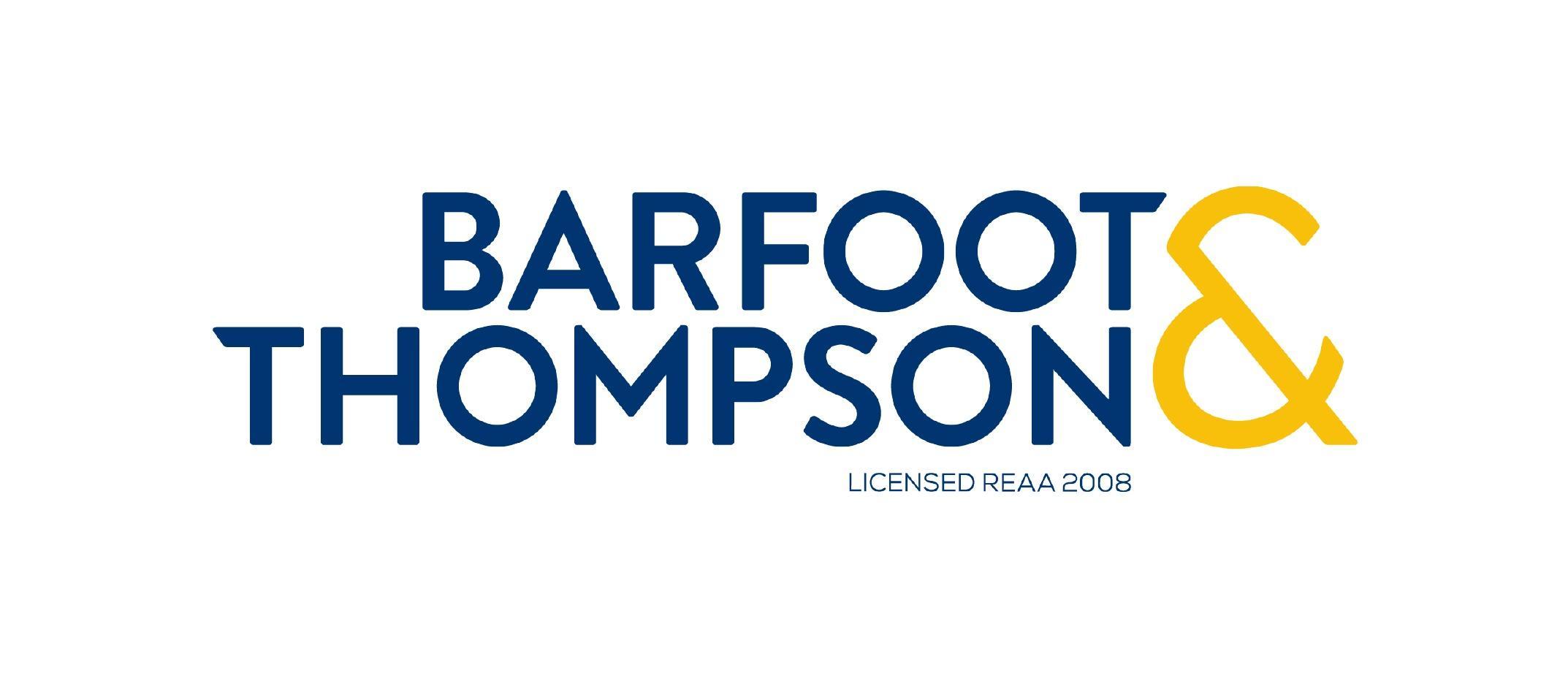Many of our members are aware that we have been interacting with the Office of the Privacy Commissioner (“OPC”) to assist with its current examination into personal information collection practices in the rental sector. Our intention is to put forward
our members’ perspective and to provide the OPC with constructive input as to why and how landlords collect certain information. We expect that sometime
in May the OPC will publish updated guidance on how personal information is to be collected in the rental sector. Additional updates and reporting
will come as the process unfolds.
For the time being, here are some basic privacy facts, good practice suggestions and timely reminders to share with landlords. In no particular order:
- Landlords are considered ‘agencies’ by the Privacy Act and therefore are subject to its rules for handling (tenants’) personal information. There are
no reciprocal obligations on the tenants given that they are private individuals not ‘agencies’. - The OPC does not consider it necessary for landlords to store tenancy application forms from unsuccessful applicants. (Sidebar: We are seeking OPC clarification on incidental collection that occurs when a landlord and unsuccessful tenant application correspond with each other and how that interacts with s123A(1)(g)(ii) of the Residential Tenancies Act.)
- Tenants have the right to ascertain whether you hold certain personal information on them and, if that information is readily retrievable, to access
that information. - If you have sourced and collected personal information of a tenant from a public platform (e.g. credit database, social media, news articles), you
still have the same obligations vis-à-vis storage, access and retention of that information as if it was proffered by the tenant in the first place.
For example, information collected from the tenant’s Facebook profile will be subject to the same standard of storage and access as a completed
tenancy application form. - Tenancy Tribunal suppression orders prevail outside of the Tribunal ecosystem. If you are party to a tribunal decision that is subject to a suppression
order, you cannot share any of the suppressed information with anyone in any setting (that includes providing a reference to a future landlord). - Landlords are obligated to treat tenants’ personal information with care and safeguard it against loss, disclosure, unauthorised access and misuse.
Given this digital age we live in, it would be prudent for landlords to review how information is being stored and handled especially when the
storage involves cloud technology and shared devices.
In line with our broader support for greater professionalism in the rental sector, we are in favour of better privacy-literacy for landlords and more intentional
handling of tenants’ personal information. While there are certain areas of practices that warrant further guidance (and, in extreme cases, regulation),
we do not subscribe to the media’s characterisation of landlords taking advantage of the power imbalance by flagrantly disregarding tenants’ right
to privacy. As an organisation that provides education and support for landlords, we will continue to do our part by sharing resources and information
to align our members’ knowledge and practice with their good intention.
More resources to come. In the meantime, we encourage all landlords to watch
this privacy video presentation featuring the Privacy Commissioner,
John Edwards.













Add Comment